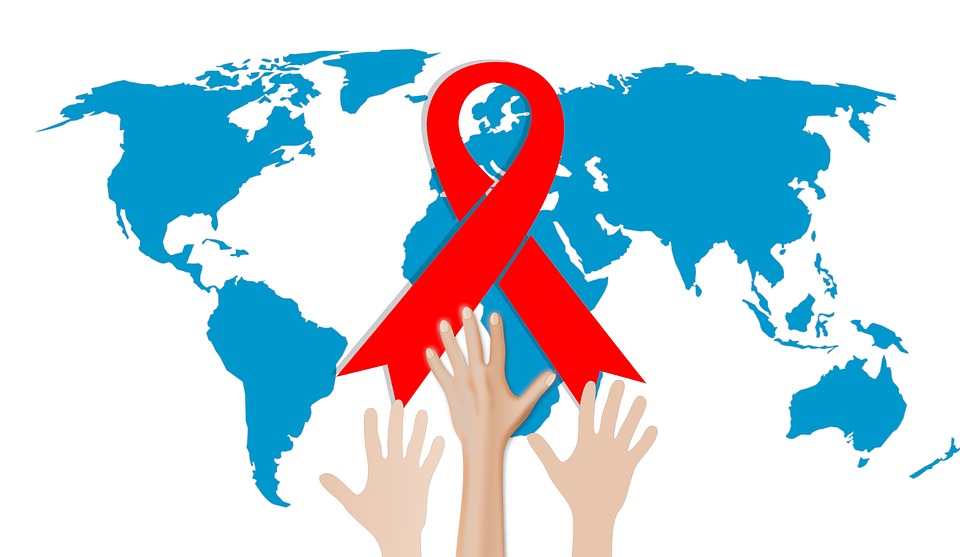News
US commits P875-M to support Manila’s HIV/AIDS programs

Washington launched the new President’s Emergency Plan for AIDS Relief (PEPFAR)-funded program, which will begin this month, in observance of World AIDS Day.
(Pixabay photo)
MANILA – The United States government committed more than PHP875 million to support the Philippines’ efforts to prevent and treat HIV-AIDS, the US Embassy in Manila announced Tuesday.
Washington launched the new President’s Emergency Plan for AIDS Relief (PEPFAR)-funded program, which will begin this month, in observance of World AIDS Day.
Through the program, over PHP875 million (USD18.2 million) funding will be used to address the increasing number of people who are living with HIV in the Philippines, which has the fastest-growing HIV epidemic in the Asia-Pacific region, according to the Embassy.
For two years, the project will be implemented by the US Agency for International Development (USAID), US Centers for Disease Control, US Health Resources and Services Administration, and US Department of Defense, in cooperation with the Department of Health (DOH) and local community organizations.
“As a friend, partner, and ally of the Filipino people, we remain committed to assisting the Philippine government in addressing this disease so that the country can meet its development objectives in health and progress along its journey to self-reliance,” said USAID Acting Mission Director Patrick Wesner.
Most recent data from the DOH-Epidemiology Bureau estimates that more than 110,000 Filipinos are living with HIV in 2020; 37,000 have not been diagnosed, and among those previously diagnosed, at least 18,500 still need to be enrolled in life-saving antiretroviral (ART) therapy.
The new PEPFAR program will support the Philippine government in reaching the ambitious UNAIDS 95-95-95 targets for HIV epidemic control, meaning 95 percent of those infected with HIV know their status, 95 percent of those who know their status receive treatment, and 95 percent of those on treatment achieve viral suppression.
The initiative currently targets Metro Manila, Region 3 (Central Luzon), and Region 4A (Calabarzon), the highest HIV burden areas in the country, where an estimated 63 percent of PLHIV nationwide reside.
USAID will expand the country’s prevention strategy through increased access to HIV pre-exposure prophylaxis, strengthen HIV testing and case-finding in the post-Covid era, and connect HIV-diagnosed clients with better HIV treatment regimens and retention programs.





















